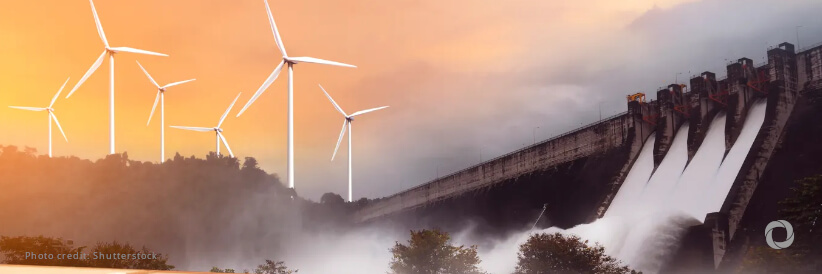If governed well, the mining sector can help countries meet climate and energy security priorities. A new report examines the risks at play and proposes how diverse stakeholders can strengthen oversight of mineral value chains for the energy transition.
The energy crisis is topping policy agendas in many countries. The geopolitical fallout from the war in Ukraine has sent energy prices skyrocketing. Enduring energy poverty and poor infrastructure have been compounded by supply disruptions.
Many governments are doubling down on fossil fuels; Germany is reopening coal plants while the UK is expected to issue dozens of new oil and gas licenses in the North Sea. Coal mining had a comeback this year in places like Colombia, Indonesia, and Australia, and the Democratic Republic of the Congo, Ghana, and Senegal auctioned off their gas reserves.
The Czech Presidency of the Council of the European Union has maintained that energy security issues are currently more pressing than the energy transition. If this is the dire situation in Europe, where does it leave the urgent energy needs of other regions?
Such trends could derail the momentum behind global climate action, casting doubt on the prospects for achieving the goals of the Paris Agreement. But the energy crisis could also be an opportunity. If energy security is to be a priority in the long term, countries will have to reduce reliance on fossil fuels and scale up renewable energy supplies.
The mining sector is critical to making a low-carbon future a reality. Deploying technologies at the pace and scale needed to meet energy needs and tackle climate change requires reliable supplies of minerals. Lithium, cobalt, graphite, and rare earth elements are needed mainly for battery storage and electric vehicles (EVs). Aluminum, copper, nickel, manganese, tin, titanium, zinc, and other metals are needed for EVs, solar panels, wind turbines, and electricity networks.
Demand for energy transition minerals is expected to rise significantly, but not uniformly or predictably for specific commodities. Minerals used across a wide range of technologies may increase steadily. Minerals with narrow applications may be substituted as technology changes. Those found in only a few places are more at risk of supply disruptions than those occurring commonly.

